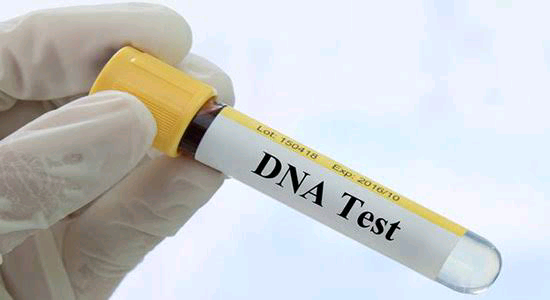A new report by Lagos-based forensic laboratory, Smart DNA, has revealed that one in four Nigerian men who underwent paternity testing in the last one year were not the biological fathers of the children in question.
The 2025 Annual DNA Testing Report, covering July 2024 to June 2025, showed that 25 per cent of men tested returned negative results, a slight drop from 27 per cent recorded in 2024.
Firstborn children were the most affected, with 64 per cent of disputed firstborn sons, and a significant number of firstborn daughters, found not to belong to their presumed fathers.
Elizabeth Digia, operations manager at Smart DNA, described the findings as a reflection of deep-seated family trust challenges.
“This pattern raises serious questions about family structures, trust, and social arrangements in urban Nigeria. DNA testing is no longer just about disputes. It is about certainty, documentation, and peace of mind,” she said.
The report highlighted a shift in the geography of testing within Lagos.
Lekki accounted for the highest share at 20.3 per cent, followed by Yaba (15.8 per cent) and Ajah (10.5 per cent).
Mainland areas such as Surulere and Ikeja recorded nine per cent each, while Ikorodu also accounted for 10.5 per cent.
Immigration-related testing rose to 13.1 per cent of all cases, driven by Nigerians seeking documentation amid the “Japa” migration wave.
Children aged 0 to 5 years represented 58.6 per cent of all tests, up from 54 per cent in 2024.
Male children were tested more frequently (53.8 per cent) than females (46.2 per cent), reflecting the traditional emphasis on verifying male lineage for inheritance and continuity.
The report also showed ethnic participation patterns: Yoruba clients accounted for 53 per cent of requests, Igbo 31.3 per cent, and Hausa 1.2 per cent. Most cases (83.7 per cent) were conducted for “peace of mind,” while just 1.4 per cent were court-mandated.
Digia stressed the need for policy reform.
She said: “Nigeria currently has no specific paternity fraud laws, leaving men without legal recourse when non-paternity is discovered years later. Public health campaigns should normalise paternity discussions and integrate DNA testing into pre-marital and family health programmes,”
Smart DNA recommended integrating DNA testing into healthcare and family planning to reduce stigma and provide clarity in family documentation.
The laboratory noted that the rising demand for DNA testing in urban centres points to broader questions about trust, family structures, and parental rights in Nigeria.


